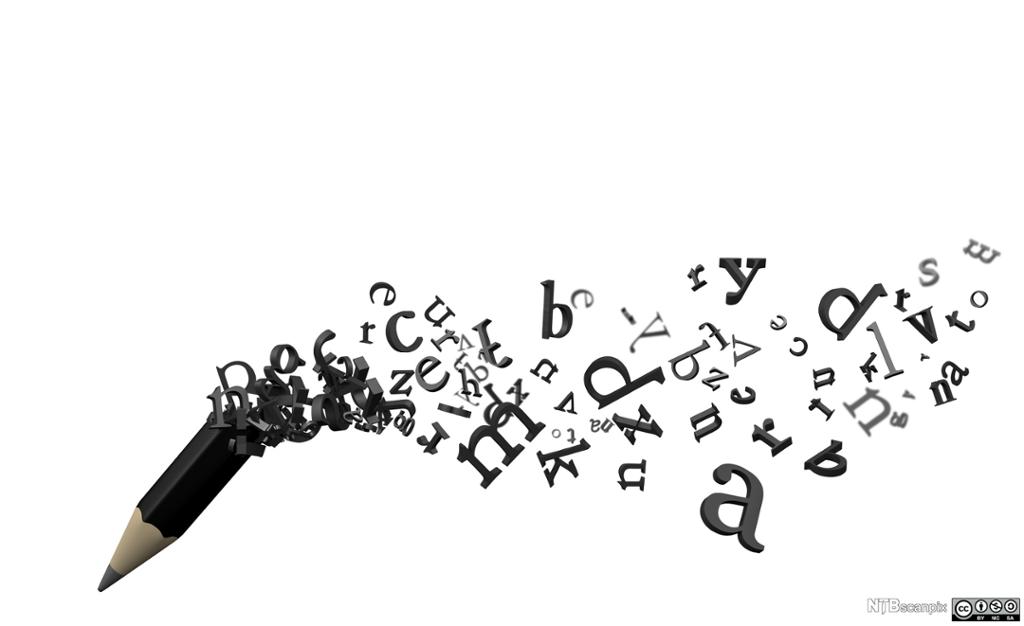And the Millionth Word is . . .

Have you heard any of these words before? See if you guess what they mean?
baggravation (clue: at the airport)
shoulder-surfing (clue: at the cashpoint)
crunk (clue: describing a person)
upskill (clue: in connection with your education)
hoody (clue: a person who dresses in a particular way)
English is a rich language with respect to the number of words and according to The Global Language Monitor, English passed the millionth word on June 10th, 2009 at 10:22am GMT. They estimate that the English language is expanding by one new word every 98 minutes, while the Oxford English Dictionary increases its database with approx. 4000 words per year. Both these organizations track and measure word usage around the globe. So, if you hear of a new word you can send information about it to Oxford Dictionaries.
Since English is a lingua franca, it seems to revel in the addition of new words from all sources. A new word would be just as likely to come from Australia, Pakistan, China or the US as from England. It could originate in the world of computers, science and technology, films, music or even in your local community.
Here are some of the words which have been adopted recently. All new words have to have a minimum of 25000 citations over a wide geographical area. And the millionth word is Web 2.0!
- Web 2.0
- The next generation of web products and services, coming soon to a browser near you.
- Slumdog
- a formerly disparaging, now often endearing, comment upon those residing in the slums of India.
- Cloud Computing
- The ‘cloud’ has been technical jargon for the Internet for many years. It is now passing into more general usage.
- Carbon Neutral
- One of the many phrases relating to the effort to stem Climate Change.
- Slow Food
- Food other than the fast-food variety hopefully produced locally.
- Octomom
- The media phenomenon relating to the travails of the mother of the octuplets.
- Greenwashing
- Re-branding an old, often inferior, product as environmentally friendly.
- Sexting
- Sending email (or text messages) with sexual content.
- Mobama
- relating to the fashion-sense of the US First Lady, as in ‘that is quite mobamaish’.
- Defriend
- Social networking terminology for cutting the connection with a former friend.
- Zombie Banks
- Banks that would be dead if not for government intervention and cash infusion.
The 1,000,001st word is Financial Tsunami - The global financial restructuring that seemingly swept out of nowhere, wiping out trillions of dollars of assets, in a matter of months (Source: Global Language Monitor).
Tasks
Discussion
Can you think of any new words which are used in connection with the Internet or text messages?
Is it an advantage that a language has many words? How many words do you need to communicate in your daily life?
When does a word become a word? Not everyone agrees that all of the terms above are acceptable as new words. What do you think? Type "when does a word become a word?" on BBC, Merriam-Webster or worldwide.words.org and discuss what you think should be the criteria for adding new words to the language.
Find Out
Check here for the meanings of the words in Prework. Then find four other words which you like and explain why you chose them. Cambridge Dictionary - New Words, Oxford Dictionaries.